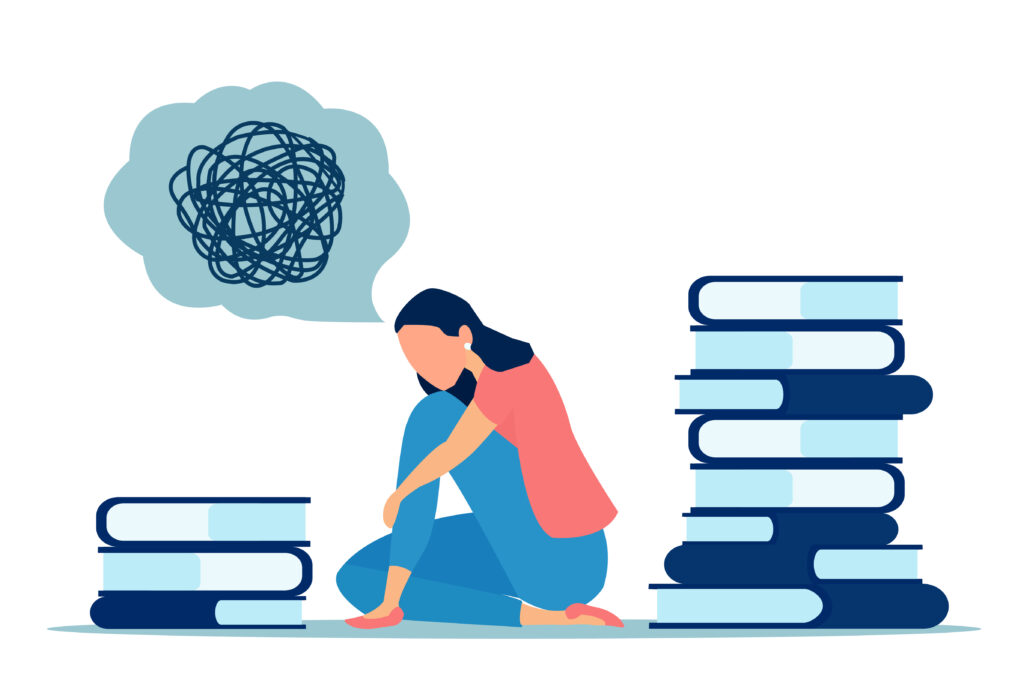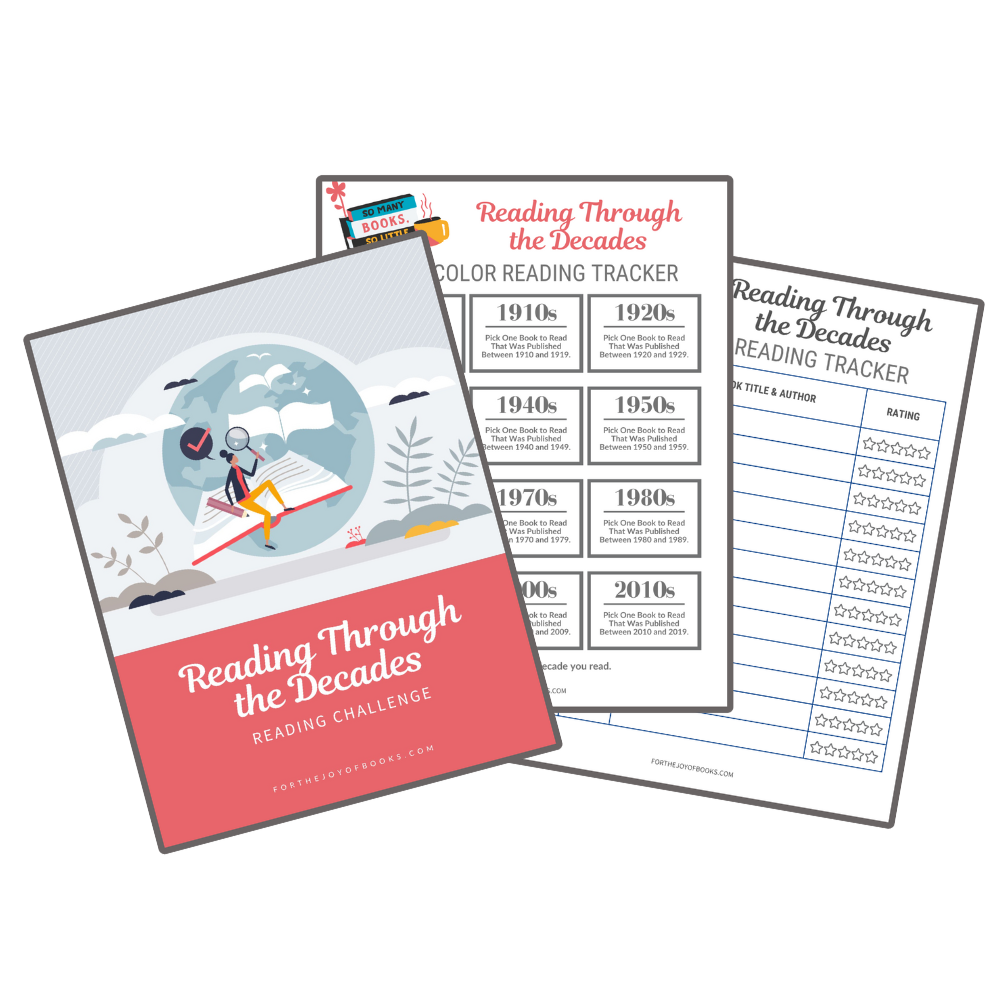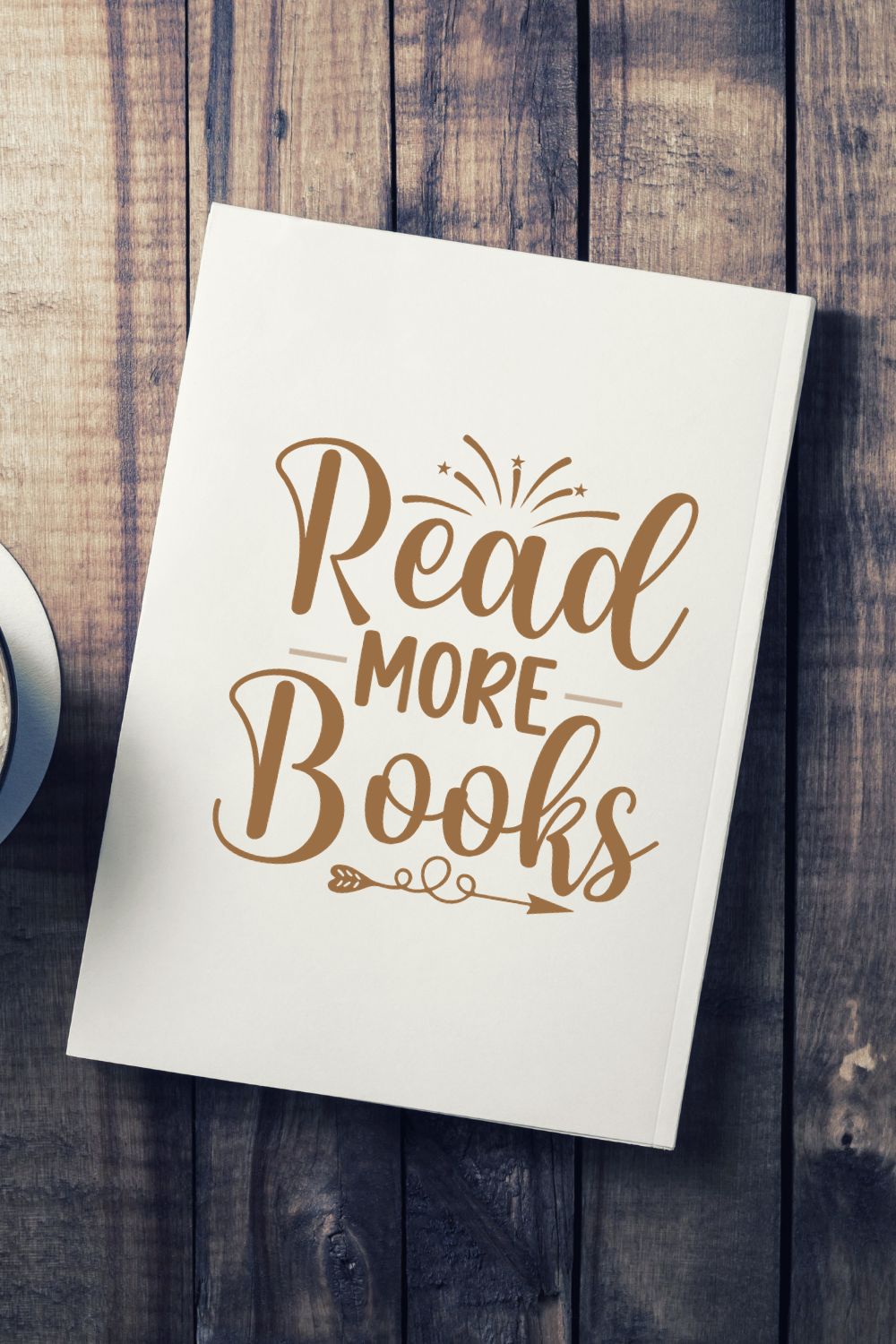This post may contain affiliate links, which means I’ll receive a commission if you purchase through my link, at no extra cost to you. Please read full disclosure here.
I used to be a devoted book finisher. If I started a book, I finished it. Not finishing books was for wimps and lazy people, I thought. But in recent years, I have changed my perspective on the practice of not finishing a book and now you might say I not only embrace the practice, but I am an advocate.

If you are struggling through your current read, you may be wondering how long you have to give a book before giving up on it? Or will there be a payoff at the end that will make your current frustrations worth it?
And that’s why I call the struggle to DNF books the reader’s dilemma. As readers, we take our reading lives seriously, and we always aim to treat our books with the upmost care and respect. And abandoning a book goes against our nature.
Yet, there are times when the dreaded decision must be made. The good news is that you are not alone. I am here to hold your hand and guide you through the process of knowing the right time to say goodbye.
This blog post is all about how to decide when to DNF books.
Let’s dive in.
DNF Meaning: What Does DNF Mean?
Are you struggling to get the traffic you desire to your blog or website? You’re not alone! Many bloggers and website owners face this challenge. But there are ways to increase traffic to your site. Here are seven tips to get you started:
In conclusion, driving traffic to your blog or website is not an easy task, but by utilizing these seven tips, you can increase your website traffic and build a loyal following. Remember to be consistent, engage with your audience, and create high-quality content that resonates with your audience.
First things first. Let’s do some defining. What exactly does it mean to DNF a book?
DNF stands for “Did Not Finish” a book. DNF-ing books doesn’t refer to someone starting a book and then merely forgetting to finish it. In the book world, it refers to someone making an active decision to stop reading a book because they simply are not enjoying the reading experience or it is simply not right for them at this time.
And this may be for any number of reasons that we will explore below.
Why it’s Okay to DNF Books
I think time-management expert Laura Vanderkam makes the best case for why we SHOULD DNF books (and not feel guilty about it).
Her argument comes down to this:
- You only have so many years on this planet
- You can only read so many books per year
- You don’t have enough time to read all the books that you want to read anyway
- So read the ones you want and don’t waste times on the ones not working for you
If you want to break it down into a more concrete terms, she puts it like this: “If I live for 50 more years and read 50 books a year, that’s 2500 books. That is a small enough number as it is. I wouldn’t want that number to be even smaller because I tried to soldier through a book that I wasn’t feeling motivated to read.”
In another blog post, Vanderkam expands on the concept further: “If you’re only going to read 2500 more books (or fewer!) then you want to be sure that any given book is worth including in that canon . . . . If something just isn’t working for you, you want to let it go, so you can try something else that might be worth including in your life list.”
No, it never feels good to abandon a book, but the good news is that closing the chapter on one book only means that beginning a new chapter with other books on your TBR pile that you will love, treasure, and enjoy.
After all, if your reading life isn’t bringing you joy, then what’s the point?
Signs You Should DNF a Book

You’re having a hard time getting through your current read, but how do you know if DNFing a book is the right thing to do?
While people DNF a book for different reasons, here are some of the main reasons I have decided to DNF books in recent years:
- The Writing style. Sometimes the writing style or the format of the book just isn’t working for me. For example, some stories are told by going back and forth between the past and the present. Some authors are able to pull this off and keep my attention, while other authors lose me in the process.
- Ground-hog day. Another format that I don’t always enjoy is the ground-hog day format where the main character is having the same experience over and over again. One book that uses this motif — that I wish I had DNFed — was Recursion by Blake Crouch. I had to literally force my self to finish this book.
- I don’t care about the main character. This doesn’t happen very often, but there is one book I DNFed because 100 pages in I realized I simply didn’t care about the main character. So, I decided to move on.
- I strongly dislike the main character. Studies show that when we read fiction, we are simulating the thoughts of the characters in the books we are reading. There’s value to this, but there are also some downsides. I recently DNFed a book because the main character started to become creepy and gross, and I didn’t want to live in his head anymore.
- It’s the genre. Not all genres work for everyone. For example, one genre I’ve started to realize that I don’t always enjoy is magical realism. When I recently DNFed a book in this genre, I started to noticed a theme. (Take note when this happens. It can work as a guide for you in the future.)
Other signs you should DNF a book include:
- You’re not in the mood. Sometimes it’s not the book’s fault. If you’re a mood reader, you just may not be in the mood for that book at that time.
- It’s feels like a Chore. If you feel like you’re forcing yourself to finish a book, this may be another sign the book isn’t right right for you.
What reasons have you chosen to DNF a book? While everyone is different, I would love to hear about them.
How Much Time to Wait Before Deciding to DNF a Book
It’s possible you may decide after the first chapter that a book isn’t for you, but my general advice is to give it more time than that. I generally like to follow what is called the “four-chapter rule.”
Let me explain what it is and how it works.
The Four Chapter Rule: What it is and How I Use it
When I was homeschooling my kids, I used to attend homeschooling conferences where there would be workshops on a variety of topics. One workshop I attended about reading literature by speaker and author Susan Wise Bauer, the expected question came up: What if my child says he or she doesn’t like the book? Do you ever let them stop reading a book?
The answer Bauer gave has stuck with me, and I now apply it to my own reading life. She called it the “four-chapter rule.” It works exactly how it sounds: give each book a minimum of four chapters before giving up on it. This is the best strategy I have found.
Why? While some books may hook you from the first chapter, it’s very common for books to start slow. However, the stage is typically set by the end of the fourth chapter.
This rule has served me very well. There have been several times when I’ve gotten to say chapter two or three, and I’m feeling a little bored. But I always make myself at least get to chapter four, and I’m glad I have because I would have given up on a lot of my favorite books if it weren’t for The Four Chapter Rule.
Give it a try, and let me know what you think!
Keep a DNF List
As readers, we like to track the books we’ve completed, but I also recommend keeping a list of the books you decided to DNF.
When you add a book to your DNF list, add a note about why you DNFed that book. As you add more and more books to this list, you may start to notice a pattern. You may start to learn something about yourself, specifically what books you like and what books you don’t like.
How to DNF a Book on Goodreads
If you track the books you read on Goodreads, you may want a way to keep track of the books you DNF on that platform. There is a way to track the books you DNF on Goodreads by creating a DNF shelf.
I put this video together to walk you through the process, but there are also written instructions below.
Here’s how to set it up:
- Log into your Goodreads Account
- Click on “My Books” at the top of the page
- Click on “Add Shelf” at the bottom of this column on the left-hand side of the page
- Then, click “Edit” next to the word “Bookshelves” at the top of that same column.
- Find the shelf you just created on that list and click on the box in the column marked “exclusive.” This means that any book you put on this shelf cannot be on any other shelf. There will be a pop-up box warning you of this. Click “OK.”
How to use the shelf:
- Click on a book in your “Currently Reading” list that you’ve decided to DNF.
- Click on the button below the book that says “Currently Reading.”
- You will then see a list of your “Exclusive Shelves”
- Select your DNF Shelf
That’s how you DNF a book on Goodreads.
To see a list of all the books you’ve DNFed, go back to “My Books” and click on the DNF shelf.
What About Good Books That Are Hard Reads?
I am someone who believes it is worth reading at least a handful of classics each year. But these good books can definitely be hard reads. A lot of books that are considered classics tend to be older and written with an older style of English. If you decide to pick up a book like this and you are struggling through it, you may need a different approach.
Here is how to approach harder reads:
- First, don’t read a hard book when you are tired. Reading tough texts when you’re tired will certainly make you want to give up.
- Approach it slowly. Commit to only one chapter per day or one section per day. In the case of a play, you might decide to do one scene per day or Act. As you become more comfortable with the language and style, you may be comfortable reading more. But starting slowly will prevent you from becoming overwhelmed.
- Listen to the audiobook along with the physical book. If you are finding the older language difficult to get through, it may help to listen to the audiobook at the same time. (I actually do this a lot when I read the Bible. It definitely helps with passages that are genealogies, etc.)
You may still decide to DNF a classic, but I think this approach will make it a lot easier.
Beware of the Overhyped Book
I think this is worth talking about because I know I’m not the only one who gets lured into reading a book that’s being hyped on social media and elsewhere. Now, just because a lot of people are talking about a book doesn’t mean it’s bad, but I have noticed that several of my DNFed books are those that were overhyped.
Here is how I’m learning to approach these books:
- Is the book by an author you like? If yes, then proceed.
- Don’t trust other authors book reviews. There are books that I DNFed that were promoted by authors I like, but I have learned that no author is going to say anything bad about another author because they all want their fellow authors to be successful. It’s like an exclusive club. And the truth is that I appreciate that. That being said, just because a favorite author is promoting a book by author you like doesn’t mean you will like the book by the new author.
- Take it for a test drive. One of the advantages of ebooks is that most platforms will let you read a sample of the book before purchasing. While this doesn’t mean you may not DNF it later on, it does allow you to test a book to see if you want to keep reading.
- Let it percolate. Wait until the book has been released and out for a few months and see what people are still saying about it months later.
You might still get burned, but these tactics should help.
Conclusion: DNFing Books = Freedom

A book should never feel like a prison sentence. What you read is up to you! And it doesn’t matter how many other people liked the book. If you don’t like it, you are free to move on.
I hope you now see a DNF-ed book as an asset to your reading life not a sign of failure. When you decide to end one book, you only open up new opportunities to more great books in your life that will allow you to enjoy your reading time again.
So if there’s a book in your life that you are dreading to read right now, then you are free to say goodbye.
Let me know if any of these tips worked for you. Happy Reading!






